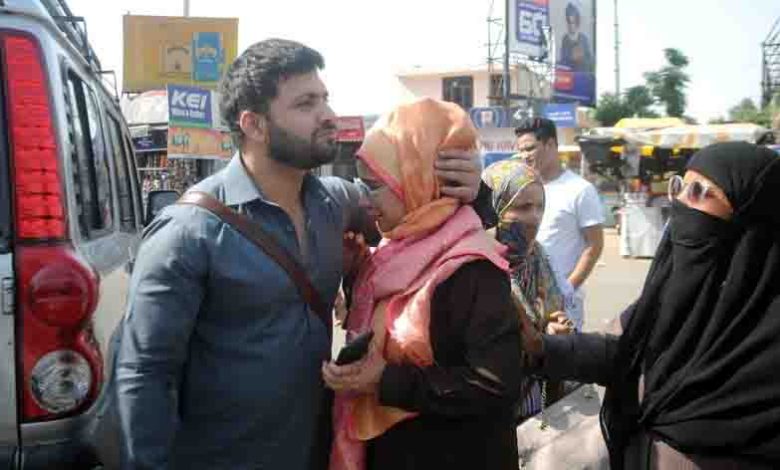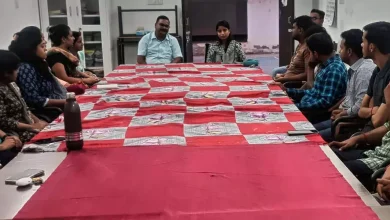Punjab: Borders closed, but there is still a ray of hope

Punjab: The last four days have seen heart-wrenching scenes at the Attari-Wagah border in Amritsar – families bid emotional farewells and narrated tearful stories of love and hope. With the borders between India and Pakistan closed again, lines from the popular Javed Akhtar song from the film Refugee (2000), Panchhi, Dariya, Pawan Ke Jhonke, Koi Sarhad Na Inhe Roke… are running through people’s minds, reminiscent of the days when political and diplomatic tensions between the two countries reach their peak. The first blow to such tensions is often a loss of cultural ties and people-to-people contact – as has been the case this time too. While the demand for action against terrorism remains a priority, the shrinking space for cultural exchange between the two hostile countries in the last few years cannot be ignored. While banning Pakistani artistes from working in India is not new, this time the government has also banned Pakistani entertainment channels, reducing access to popular Pakistani dramas in India.
For decades, Pakistani dramas have enjoyed immense popularity for their grounded and realistic subject matter, cultural resonance and beautiful Urdu. While this latest move has disappointed fans in India, it also raises an important conversation: severing ties, especially in the area of culture and people-to-people interaction, blocks any hope of normalcy. “The cultural stream in both countries is the same, so despite many incidents of diplomatic coldness, people-to-people interaction has never stopped,” says Arvinder Chamak, a poet and artist from Amritsar. “Since Partition, we have never been able to divide Baba Nanak, Bulleh Shah, Amrita Pritam, Manto or Faiz between us – so how can we divide now?” Chamak was part of the Indian delegation that visited the Faiz Festival in Lahore this year and earlier. He was scheduled to attend a literary event in Lahore on May 7 and is organising the Sanjha Punjab initiative in collaboration with Majha House, which promotes cultural and literary exchange between India and Pakistan.
“We were about to invite Faiz Ahmad Faiz’s daughter Moniza Hashmi to an event in Amritsar, but that will not happen now,” Chamak said. This reflects the deep frustration that sets in when people from both sides are denied direct dialogue. The Amritsar-based Hind-Pak Dosti Manch and Lokgeet Shodh Academy, which organise candle marches and lighting ceremonies at the Attari border every year on August 15, have also appealed to the political leadership to resolve the tension through peaceful dialogue. The organisation, led by eminent journalist Kuldip Nayyar, issued a statement expressing concern that both countries are cancelling visas of citizens, separating mothers and children and tearing apart loved ones. The statement urged that exemptions on humanitarian grounds, especially for medical treatment, should be considered. “Common people should not be punished for the inhumane acts of terrorists. It is very important for governments to treat common people differently from terrorists. Politicians and media of both countries should also refrain from inciting hatred or provoking violence at this time,” said Satnam Singh Manak, general secretary of the Hind-Pakistan Dosti Manch, dedicated to people-to-people dialogue.





